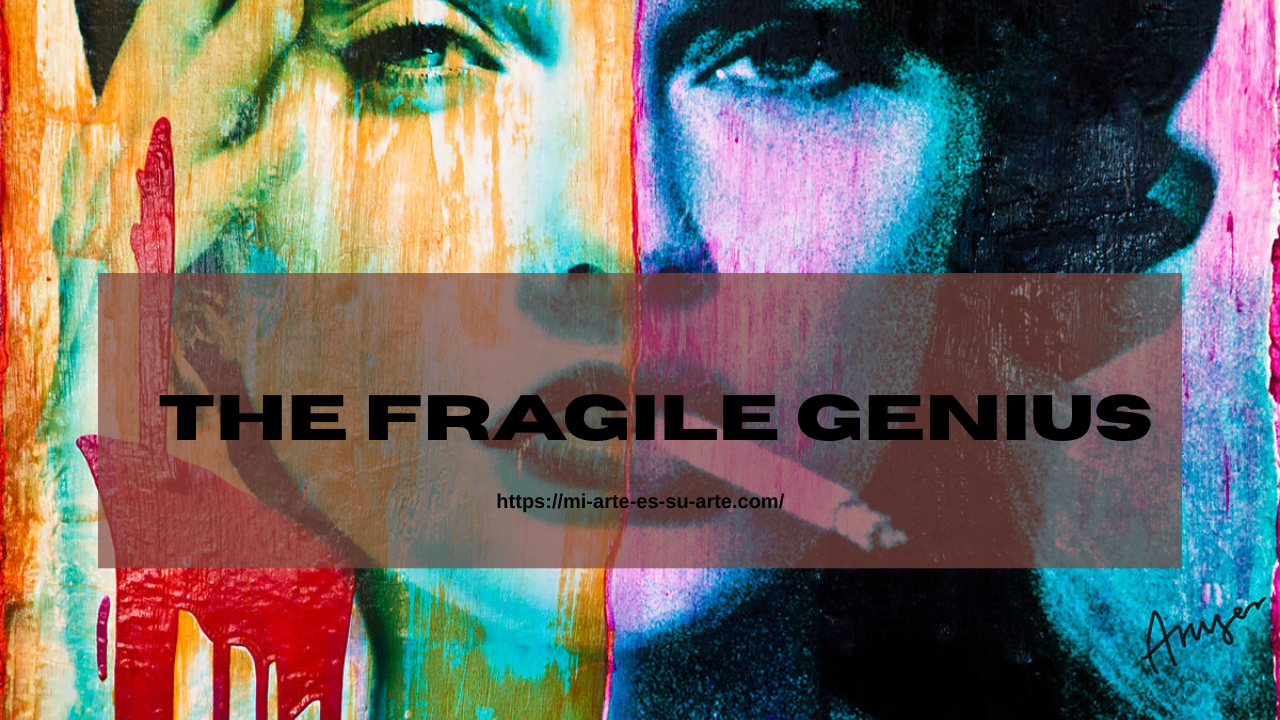 The world often views artists as visionaries who bring beauty, meaning, and inspiration to life. Yet behind the brilliance of music, painting, writing, and performance lies a fragile reality. Many artists live with an inner struggle that makes them more vulnerable to addiction and mental health challenges. The same sensitivity and creativity that fuel great works of art can also expose artists to emotional pain, isolation, and destructive coping mechanisms. Understanding this delicate balance is key to supporting their healing and recovery.
The world often views artists as visionaries who bring beauty, meaning, and inspiration to life. Yet behind the brilliance of music, painting, writing, and performance lies a fragile reality. Many artists live with an inner struggle that makes them more vulnerable to addiction and mental health challenges. The same sensitivity and creativity that fuel great works of art can also expose artists to emotional pain, isolation, and destructive coping mechanisms. Understanding this delicate balance is key to supporting their healing and recovery.
The Unique Sensitivity of the Artistic Mind
Artists are often deeply attuned to emotions, both their own and those of others. This heightened sensitivity allows them to capture human experiences in profound ways. However, being so open to the highs and lows of emotion can leave them more vulnerable to stress, anxiety, and depression. Without healthy coping strategies, these feelings can become overwhelming.
The Double-Edged Sword of Creativity
While creativity can be therapeutic, it can also intensify mental strain. The pressure to constantly innovate, perform, or produce meaningful work may lead artists to experience self-doubt and burnout. This internal conflict can create a cycle where inspiration and suffering become intertwined, increasing the risk of turning to substances as a temporary escape.
The Pressures of Performance and Public Expectation
Beyond personal struggles, many artists face the external weight of public expectations. Whether it is delivering a flawless performance, meeting gallery deadlines, or maintaining an image of success, these demands can fuel stress and insecurity. Fame and recognition, often seen as rewards, can also isolate artists, leaving them with fewer safe spaces to process their challenges. Addiction may appear as a way to manage this pressure, but it ultimately deepens the cycle of pain.
Isolation and Loneliness
Although artistic work can require solitude, too much isolation may worsen mental health challenges. Long hours spent alone in the studio or behind the stage curtain can foster loneliness. Without strong support systems, artists may feel disconnected from family, friends, or communities, making them more likely to rely on unhealthy coping mechanisms.
Addiction in the Creative Community
Substances can appear to offer relief from anxiety, boost confidence, or even spark creativity. For some, alcohol or drugs seem to quiet self-criticism or ease social fears. Unfortunately, this short-term relief often leads to dependency. Addiction disrupts not only an artist’s personal life but also their ability to create and thrive. Over time, the very muse they sought to protect becomes clouded by the weight of substance abuse.
Pathways to Healing and Recovery
Healing begins when artists are given compassionate, individualized care that addresses both addiction and mental health. At Mi Arte Es Su Arte, treatment is never one-size-fits-all. Services include inpatient and outpatient care, mental health support, and holistic therapies designed to nurture the mind, body, and spirit. Faith-based and creative approaches provide additional pathways for artists to process emotions and rediscover healthy ways of expressing themselves.
Building Resilience Through Support
Recovery is not just about abstaining from substances. It is about building resilience, learning healthier coping strategies, and reconnecting with a sense of purpose. With professional guidance, peer support, and personalized care, artists can reclaim both their mental well-being and their creative gifts.
Turning Vulnerability Into Strength
The fragile genius of the artist does not have to lead to addiction or despair. With the right support, sensitivity and creativity can become powerful tools for healing and renewal. If you or someone you love is struggling with addiction or mental health challenges, know that help is available. Reach out today to begin the journey toward recovery and discover how creativity can once again be a source of joy and inspiration rather than pain.